Table of Contents
What Is White Pepper Seasoning and How to Use It?
White pepper seasoning is a refined spice made from fully ripe pepper berries with the outer layer removed before drying. Unlike black pepper, it delivers a subtle, earthy flavor without the visual contrast of black specks—making it perfect for light-colored dishes like creamy sauces, soups, and seafood. This guide explains exactly how to use white pepper effectively, compare it with black pepper, and choose the best quality product for your kitchen.
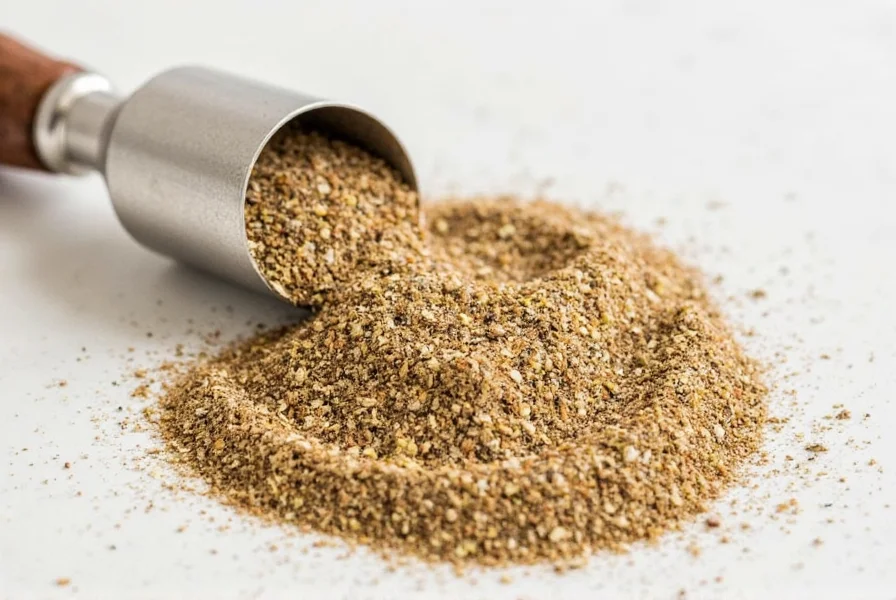
Whether you're a home cook or professional chef, white pepper can elevate your dishes without overpowering them. Here's what you need to know to use it correctly and avoid common mistakes.
How to Use White Pepper in Cooking: Expert Tips
White pepper's delicate flavor requires specific usage techniques. Follow these expert guidelines:
- Use in creamy sauces: White pepper enhances béchamel, Alfredo, and custards without overwhelming dairy flavors. Add at the end of cooking to preserve its subtle notes.
- Perfect for light-colored dishes: Ideal for mashed potatoes, white sauces, and seafood where black pepper specks would be visually unappealing.
- Pair with citrus: Lemon or lime juice balances white pepper's earthiness in salad dressings and seafood marinades.
- Use sparingly: Start with 1/4 teaspoon per serving—white pepper's flavor develops during cooking, so you can always add more.
- Avoid high heat: Unlike black pepper, white pepper loses its delicate flavor when exposed to prolonged high heat. Add it toward the end of cooking.
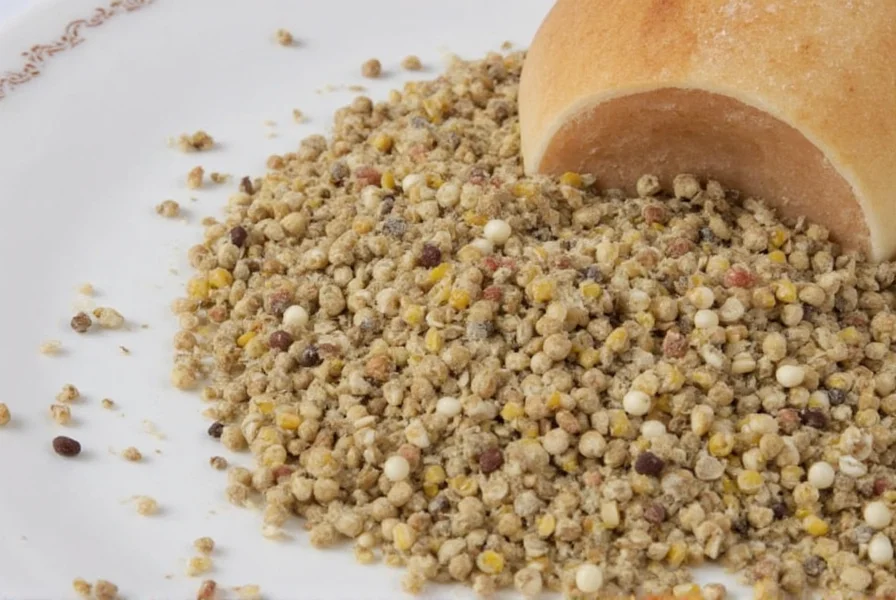
White Pepper vs Black Pepper: Key Differences
Both come from Piper nigrum, but processing creates distinct characteristics:
| Feature | Black Pepper | White Pepper |
|---|---|---|
| Processing | Dried unripe berries with outer layer intact | Ripe berries with outer layer removed |
| Flavor | Pungent, sharp, and bold | Mild, earthy, and refined |
| Best Applications | Hearty meats, stews, and robust dishes | Light sauces, seafood, and creamy dishes |
| Visual Impact | Dark specks visible in light dishes | Subtle appearance in white or light-colored foods |
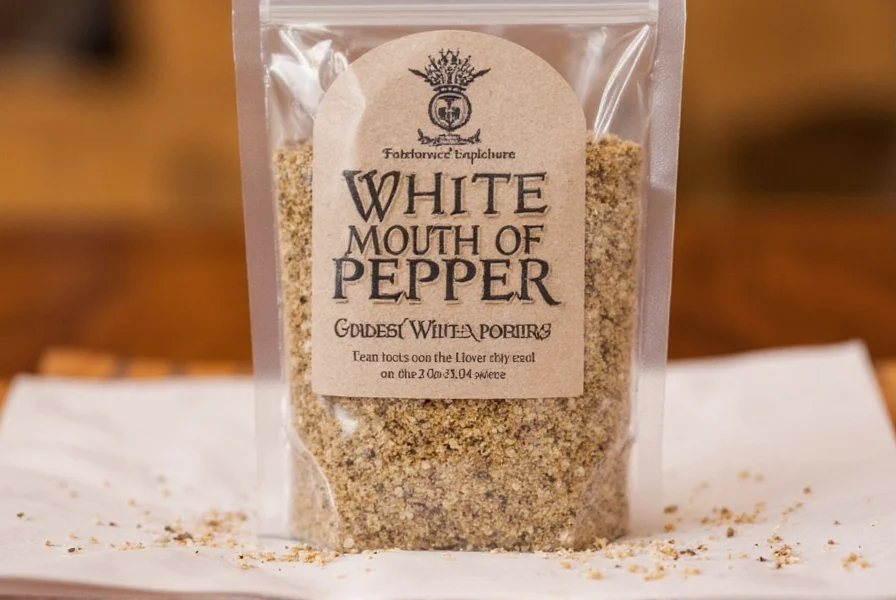
How to Choose the Best White Pepper: A Buyer's Guide
Not all white pepper is equal. Follow these expert criteria:
1. Origin Matters
Vietnamese white pepper (smooth, mellow), Indian (sharper), and Indonesian (complex) offer distinct profiles. Look for country of origin on packaging.
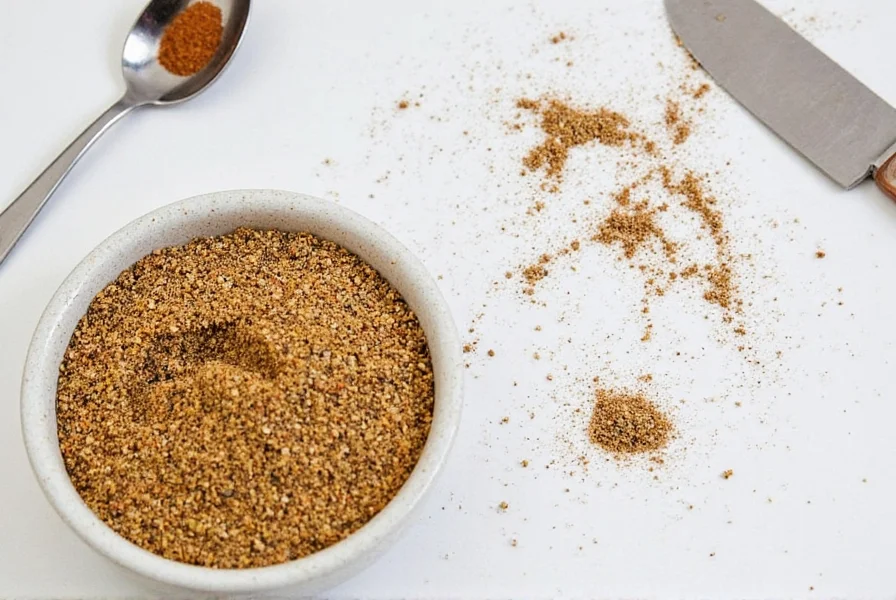
2. Freshness Check
Smell the pepper—fresh white pepper has a clean, slightly floral aroma. Dull or musty smells indicate age. Check expiration dates and avoid products in clear containers (light degrades quality).
3. Form Selection
Whole peppercorns retain freshness 2-3 years. Ground pepper loses potency after 6 months. For most home cooks, whole peppercorns and a small grinder provide the best flavor.
4. Price vs Quality
Average price: $5-$15 per 4oz. Avoid extremely cheap products—they're often low quality or adulterated. Premium brands like Penzeys or Spice House offer reliable quality.
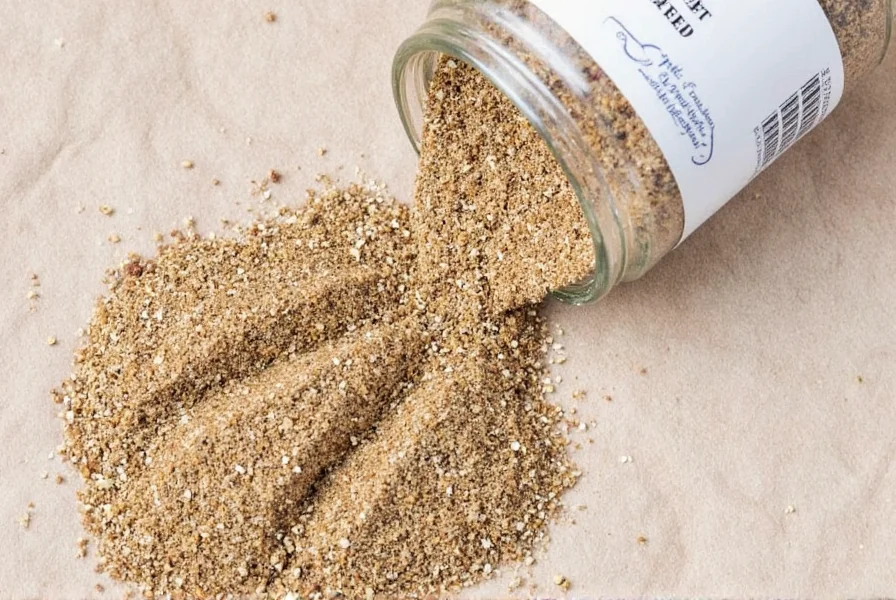
White Pepper FAQs: Expert Answers
What is white pepper seasoning?
White pepper is made from fully ripe pepper berries with the outer layer removed before drying. This process creates a milder, earthier flavor without the visual contrast of black specks, making it ideal for light-colored dishes where appearance matters.
When should I use white pepper instead of black pepper?
Use white pepper for light-colored dishes like creamy sauces, mashed potatoes, seafood, and white soups where black pepper specks would be visually unappealing. Black pepper works better for hearty dishes like steaks, stews, and robust sauces where bold flavor is desired.
How much white pepper should I use in recipes?
Start with 1/4 teaspoon per serving for most dishes. White pepper's flavor develops during cooking, so add it toward the end of cooking time. For soups and sauces, begin with 1/8 teaspoon per cup and adjust to taste.
Why is white pepper more expensive than black pepper?
White pepper requires additional processing: ripe berries must be soaked and fermented to remove the outer layer, which is labor-intensive and creates more waste. This extra step makes it about 30-50% more expensive than black pepper.
Does white pepper have health benefits?
Like black pepper, white pepper contains piperine which may improve digestion and nutrient absorption. However, the health benefits are similar—white pepper is primarily valued for its culinary properties rather than medicinal uses.
How should I store white pepper?
Store in an airtight container away from light, heat, and moisture. Whole peppercorns last 2-3 years; ground pepper maintains quality for 6-12 months. For best flavor, grind whole peppercorns immediately before use.
Why White Pepper Belongs in Every Kitchen
White pepper isn't just a black pepper substitute—it's a distinct spice with unique culinary applications. Its subtle, earthy flavor elevates delicate dishes without overpowering them, and its light color makes it perfect for visually appealing recipes.
Remember: Use it sparingly, add it late in cooking, and store properly to maximize its potential. Whether you're making creamy Alfredo, delicate seafood, or light-colored soups, white pepper can transform your dishes with just a pinch.
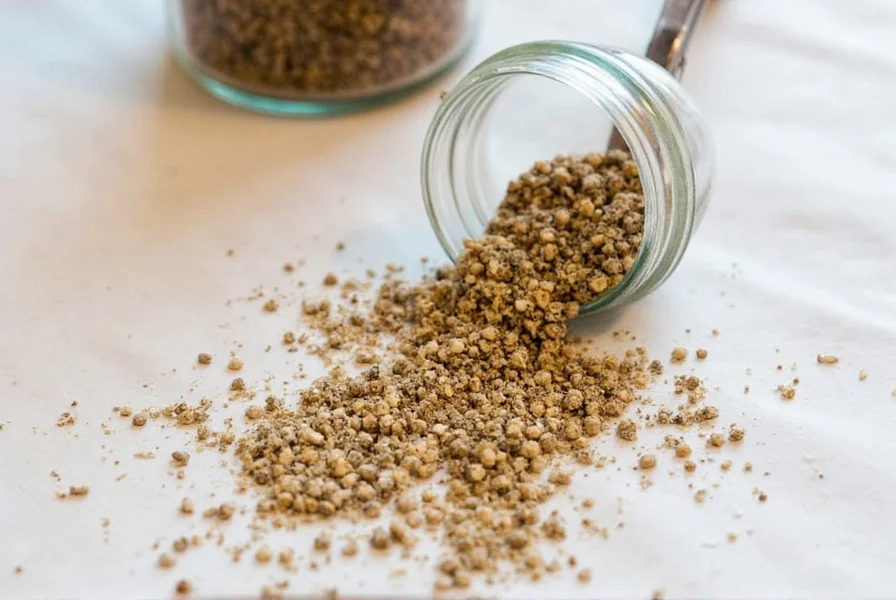
Next time you reach for the pepper mill, consider whether white pepper might be the better choice for your dish. With these expert tips, you'll know exactly when and how to use it for maximum flavor impact.

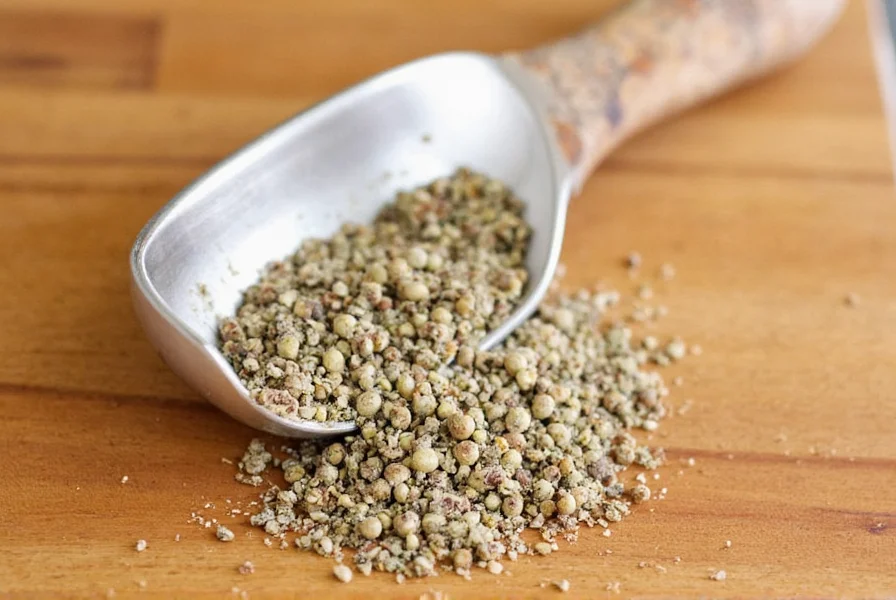









 浙公网安备
33010002000092号
浙公网安备
33010002000092号 浙B2-20120091-4
浙B2-20120091-4